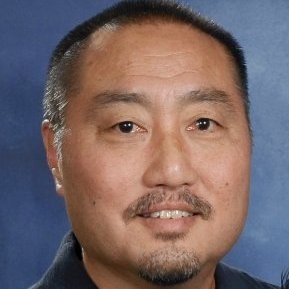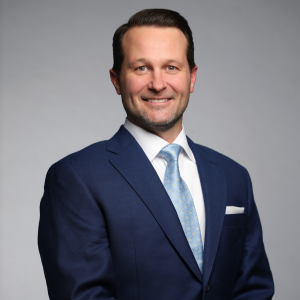Embracing the young blood in long-term care leadership
On January 4th, I quietly celebrated the 30th anniversary of my entrance into the field of long-term care management. As improbable as it seems to me, back in 1982, I entered into a 221-bed skilled nursing facility as an administrator-in-training and began a journey that would become my professional passion.
I use the word “improbable” because it seems so unlikely that 30 years have already passed since that day. The years have seemingly flown by—a perception issue that seems to worsen as I get older!—and now I find myself as one of the “old guys” in the industry.
The anniversary caused me to take some time to reflect back on those early years. A few days later, during an interview with Patricia Sheehan, Editor-in-Chief of Long-Term Living, she asked me, “What advice do you offer to young professionals considering this industry?” It was an excellent question, one that I was glad Patty asked, and it made me think about those days 30 years ago when I was first starting out in this business.
I suggested that our young professionals indentify experienced veterans within long-term care to serve as their mentors. There are plenty of us old dogs around who are open to sharing our knowledge and wisdom. And I believe those of us who have been around for years have an obligation to work with young professionals to ensure that our industry remains in good hands.
I was fortunate enough to have a preceptor who also served as my mentor. His influence had extended far beyond a training period and into my time as a licensed administrator and corporate executive. In fact, we speak even to this day.
Another point I made in that interview was for young professionals to obtain experience in all facets of long-term care operations. My training included rotations in all departments where I had the opportunity to shadow every department head. In return, I gained a wonderful understanding of industry operations from the line staff perspective, as well as a great appreciation of the work that each department performed.
I should also point out that back in the late ’70s, I spent a summer working as an “orderly,” which is what they called us back then in nursing homes. That experience, as well as my time with each department, helped shape my leadership style as an administrator for the better.
One of the exercises I did while training to be an orderly was to spend several hours in a wheelchair. Looking back on the exercise, it was quite innovative but it also had a profound influence on my thinking. It’s easy to forget the experience of our patients and residents while we’re in the midst of worrying about staffing issues or occupancy rates or regulatory compliance. But we should never get too far away from considering their perspective. It makes us better leaders, and it makes our industry better, too.
Long-term care has been very good to me these past 30 years, and it remains as one of my passions. For those young professionals that are reading this blog, I welcome you to the industry and am glad you are here. We need your enthusiasm, professionalism and new ideas.
And for all those old dogs out there—like me—we need to welcome this new blood into our industry and provide them with a wonderful start to a rewarding career.

Craig T. Fukushima, NHA, is partner at The Fox Group, a consulting practice that serves a wide range of acute and post-acute healthcare providers. He has worked in the LTC industry for more than 30 years, starting as a skilled nursing facility administrator and later as operations vice president. He hosts a Twitter discussion (second Tuesday of every month at noon EST) on issues related to Alzheimer’s disease at #talkalz.
Related Articles
Topics: Facility management , Leadership











